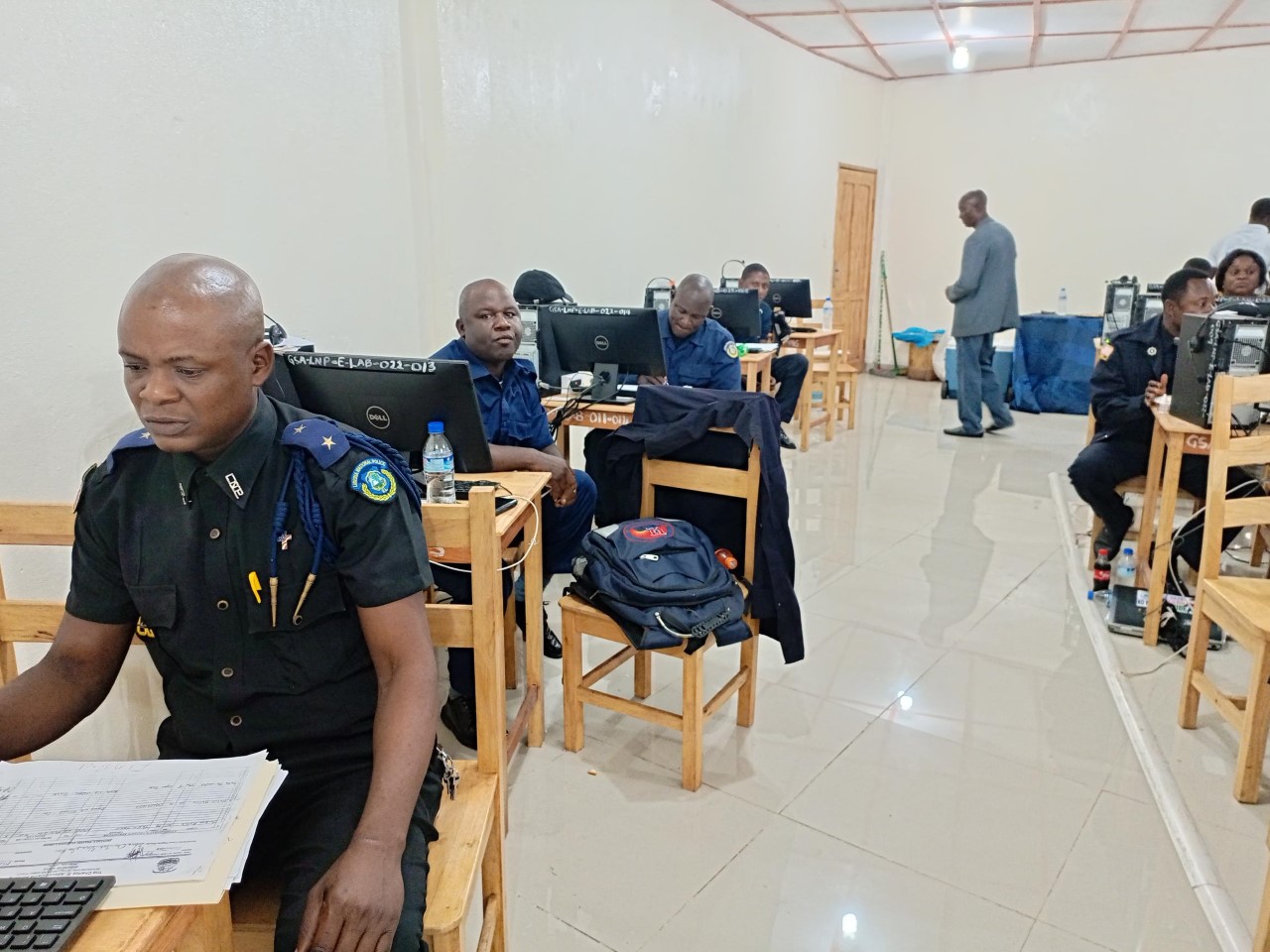Liberia designs and roll-out online Case Management Information System for Justice Institutions
April 4, 2022

Police officers participating in the online CMIS training
Since its Independence in 1847, the Criminal Justice System in Liberia continues to face challenges in the proper management and reporting of cases. For example, in the Magisterial Courts, case records are kept in paper files that are susceptible to tampering, misplacement, or lost during case trials which hinder proper judgement and hearing. The corresponding results including increased court dockets, prolonged pre-trial detention and overcrowded prisons impact access to justice and human rights that are key ingredients of an effective rule of law system. Consequently, the country has limitations in accurately reporting statistical information especially on judicial cases including the total number of cases in dockets, their status, offences or crimes committed, and their outcome/disposition.
|
Figure 1 Criminal offences by counties map, an excerpt from JCMIS Reporting module |
As part of the support to improve the criminal justice system in Liberia, the UN Joint Rule of Law Programme, supported the conception, design, development, and roll-out of an online Case Management Information System (CMIS) for the Judiciary and the Prosecution Department of the Ministry of Justice as well as the Liberia National Police. County attorneys, data clerks, statisticians and information technology support staff and police officers were trained on how to gather and report real time case statistics using a modern web and mobile application. The mobile app works both online and offline and includes security features and GPS functionality to capture locations where were offences occur enabling their digital mapping.
The online systems are designed using a user-centric approach to allow law enforcement officers to continuously provide inputs during their development and rollout phases. The systems use modern and secure web- applications built using open-source technologies, and operate across platforms, allowing authorized users to use their web-browser or mobile phones to report and access information on cases. The Liberia National Police being the first to roll out the CMIS, has already started reporting changes the system is making on data collecting and reporting. Deputy Commissioner of Police for Research and Planning, Augustine Browne has described the CMIS DHIS2 platform as effective and efficient in improving crimes data collection and that the platform enhanced the integrity of data collection and reduced the time that has been used to do crime analysis and preparation of crime statistical reports.
The CMIS has four modules: a data capture module, an analytics module, a reporting module and an administration module. The mobile app, which can function offline in areas where internet connectivity is limited, is used for data capture module. It is used to capture case information including the involved parties, attorneys, criminal/civil offences, case proceedings, fines/penalties and the judicial action or final case judgement. The reporting modules facilitate easy and automated access to statistical reports on cases in the form of summary tables, graphs, maps and dashboards.
The CMIS is robust and secures and supports concurrent usage by different users including Court Data Clerks, County Attorneys, Case Management Statisticians, Police Officers, Government Agencies/institutions, and development partners including UNDP and other partners supporting the Government of Liberia to improve the criminal justice system.
When synchronized, the CMIS will serve as a central data repository for the criminal justice system in Liberia and will allow stakeholders from different sectors, institutions, and organizations to access relevant and accurate reports and statistics that supports informed decision making, drive policies change, and improve accountability and transparency in the system.

 Locations
Locations